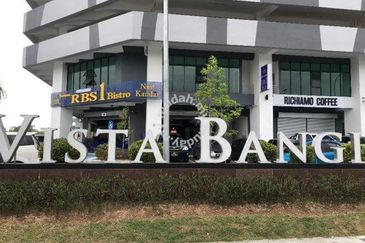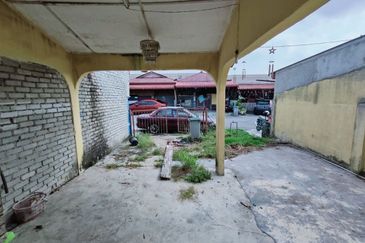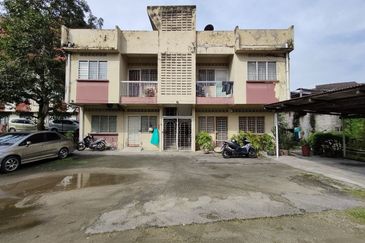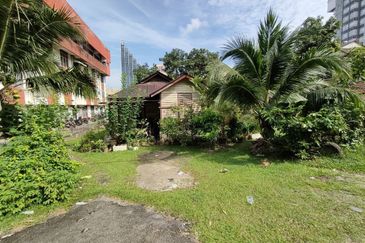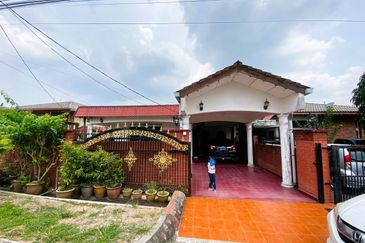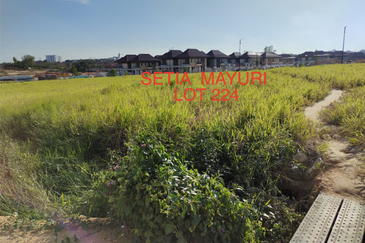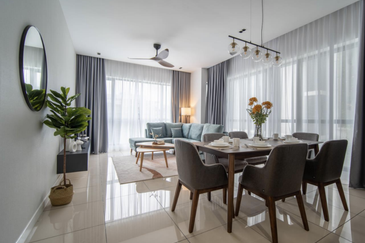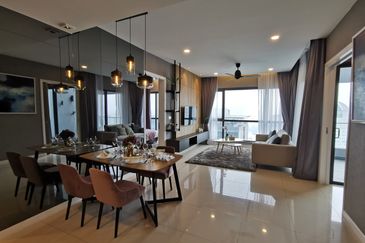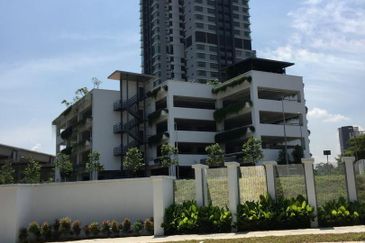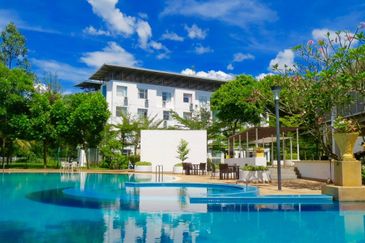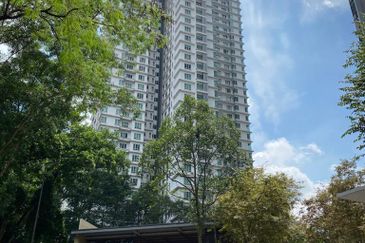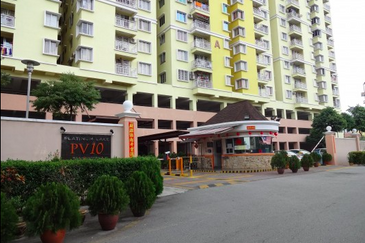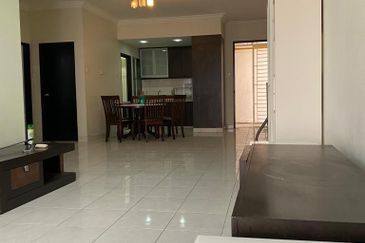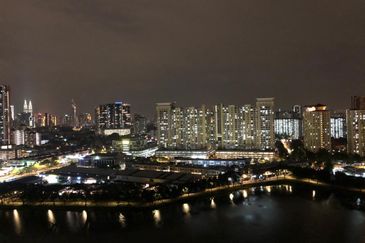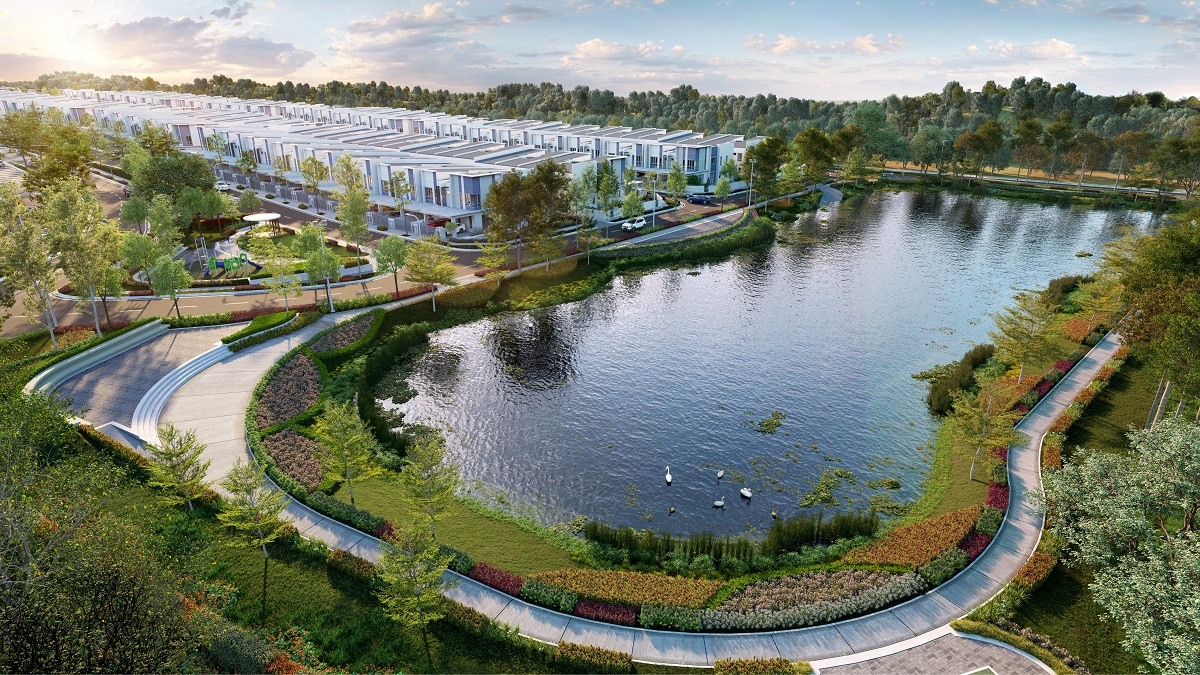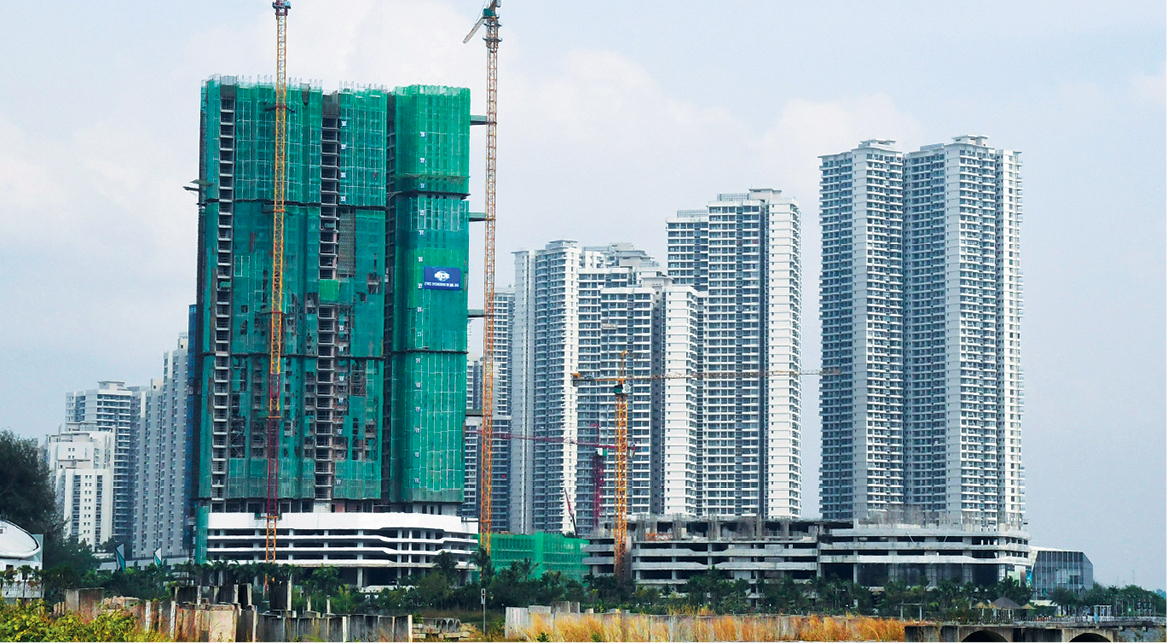
The second most populous state in Malaysia, Johor has remained attractive to investors. However, the latest data by Iskandar Regional Development Authority (IRDA) shows that there are some factors that are holding its real estate sector back from its true potential.
In the first half of 2019, Iskandar Malaysia secured committed investments of RM16.75 billion, contributing to the RM302.09 billion total cumulative committed investments from 2006 to June 2019. Around 47% of investments came from the manufacturing sector while 53% came from the services and other sectors.
IRDA chief executive Datuk Ismail Ibrahim at a recent media briefing said the latest investment figure has translated into an impressive compound annual growth rate of 9.7% over the past five years.
Johor’s advantages lie in its proximity to Singapore, rich natural resources, being a self-sustaining state with various economic activities such as tourism, services, manufacturing and its real estate sector.
Established overseas development companies like China-based Greenland Group, Country Garden, R&F Properties Co Ltd and Singapore-based Hao Yuan Pte Ltd, have rolled out developments in Johor while Toppen Shopping Centre by Ikea Southeast Asia, Legoland, Marlborough College and Hello Kitty theme park also operate there.
Despite all these and IRDA’s impressive figures, Johor’s property developers fail to see a spillover onto the property development sector as many still have high inventory levels.
Johor state housing, communications and multimedia committee chairman Dzulkefly Ahmad has revealed that Johor currently has the highest number of unsold completed properties in Malaysia, with 6,066 units worth about RM4.06 billion floating in the market for over two years now. Nearly 60% of these units are priced at RM500,000 and above.
At a media briefing by the Real Estate and Housing Developers’ Association Johor Branch (Rehda Johor) in August, its chairman Datuk Steve Chong Yoon On said that Johor has accumulated 51,000 unsold properties worth around RM36 billion as at 1Q2019 with an estimated 16,000 being bumiputera quota units.
Rehda Johor members are concerned with the sluggish market and the lack of possible catalysts for brisk sales and lower overhang.
What could be hindering the development of Johor? Here is what Rehda Johor members have to say about it.
1 Negative perception of the state
The southern state’s property market has seen cooling measures such as the increase in property price threshold for foreign buyers and a blanket ban on high-rise residential developments in the Johor Bahru city centre by the state government since December 2014.
These measures, on top of the rising number of unsold properties and cancellation of mega projects, have affected consumer sentiment and investor confidence.
However, like the IRDA figures, to many, the more positive news coming out of Johor seems insignificant. For instance, property transactions in 2018 actually improved last year with a growth in volume recorded for the first time since 2015.
The 2018 Property Market Report released by the National Property Information Centre revealed that Johor recorded 41,653 transactions worth RM19.33 billion in 2018, an increase of 7.8% in volume and 3.8% in value from the previous year.
Will the growth momentum continue? Rehda Johor admits that local demand for landed homes and commercial properties are still strong albeit limited to properties with the “right” pricing and those located in desired locations.
Landed houses priced between RM500,000 and RM750,000 in well-established locations continue to attract buyers with some projects even attracting overnight queues during their launches.
For industrial and commercial properties, business owners are looking for new properties priced below RM2.5 million, with easy access, with good infrastructure and which are close to various amenities.
2 Unclear bumiputera unit release mechanism
The National Affordable Housing Policy or Dasar Perumahan Mampu Milik handbook which was unveiled in May this year, states that the bumiputera quota for developments in Johor ranges between 20% and 40%, depending on selling price.
For housing or commercial properties priced less than RM200,000, developers must allocate 40% of units for bumiputera buyers; 30% for properties priced above RM200,000 and 20% for properties priced above RM300,000.
Rehda Johor says the real problem lies within the unclear timeline for the release of these units that has impacted developers’ cash flow and revenue.
The association said in some projects, the bumiputera unit allocation in Johor could be as high as 50% but it is estimated that only 20% of bumiputera buyers are eligible to purchase these units.
They call for authorities to review the current bumiputera release mechanism, and to provide transparent and clear guidelines in order to help ease property overhang in the state, enabling eligible buyers to purchase their desired units in preferred locations, and allowing developers to better manage their inventories and cash flow.
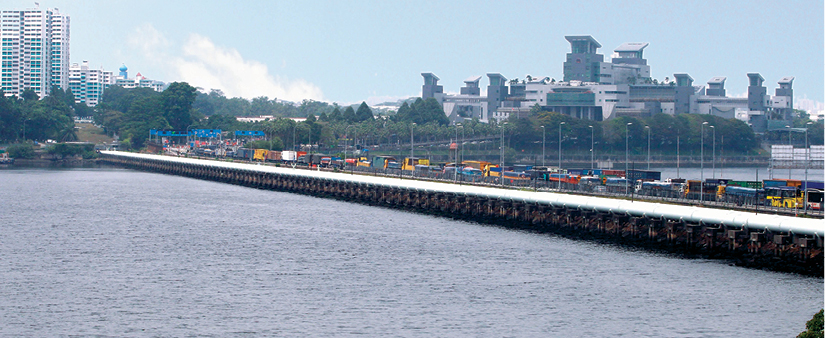
3 High minimum property purchase price for foreigners
In the 2010 - 2012 market boom, Johor saw new launches almost every weekend and news of people queuing up overnight for a unit was the norm.
However, the global economic slowdown and concerns regarding household debt and market overheating led to cooling measures, introduced to prevent speculative property investments.
One such measure was that foreign property purchasers in Johor were only allowed to buy property priced RM1 million
(effective March 1, 2014) and above, compared with RM500,000 and above previously.
Unfortunately, there is little appetite for properties priced above RM1 million on the secondary market, and the global market slowdown was also hurting investors’ pockets.
The weakened ringgit against major currencies, especially the Singapore Dollar, discouraged investors further. Some Singapore investors made losses or insignificant profits after selling their properties in Malaysian Ringgit. The republic’s currency has been around RM3 since October 2018 compared with RM2.53 in August 2014.
4 Lack of significant catalysts
Postponement of the Kuala Lumpur–Singapore High Speed Rail (HSR) project and the review of the Johor Bahru – Singapore Rapid Transit System (RTS) link last year also severely impacted investment sentiments.
Those banking on the commencement of these two mega infrastructure projects to spur new business opportunities and future growth and development for Johor were disappointed.
The RTS, crossing the Straits of Johor that connects Singapore’s Woodlands with Johor Bahru, was meant to provide alternative commute options between the entry points.
Recent news reports put the number of Malaysians making the commute to Singapore for work daily at 400,000 people.
The improved connectivity offered by the RTS has the potential to attract more
Singapore businesses to Iskandar Malaysia, especially small and medium enterprises.
Market sentiments in Johor were also affected by Singapore’s economic growth. It slashed its GDP growth forecast this year to 0-1%, from 1.5% - 2.5%, due to the on-going trade war between the United States and China, signalling that Singapore companies may downsize their operations to weather economic uncertainties ahead.
In a recent news report, Johor South SME Association adviser Teh Kee Sin said Malaysians working in Singapore will be the first hit in a downsize, affecting over 700,000 Malaysians.
5 Impact of global issues
Slower growth due to global economic uncertainties is currently being experienced by many countries.
The World Bank Global Outlook Report released in June 2019 reveals that global growth in 2019 is expected to slow to 2.6%, reflecting weaker-than-expected trade and investment at the start of the year.
“Growth is projected to gradually rise to 2.8% by 2021 predicated on continued benign global financing conditions and a modest recovery in emerging markets and developing economies,” said the report.
In 2018, global economic growth moderated to 3%, from 3.1% in 2017. In Malaysia, GDP growth slowed to 4.7% from 5.7% in 2017, mainly supported by the services and manufacturing sectors.
The overall market slowdown and medium term uncertainties will affect the risk appetite of investors.
This story first appeared in the EdgeProp.my pullout on Sept 6, 2019. You can access back issues here.
TOP PICKS BY EDGEPROP
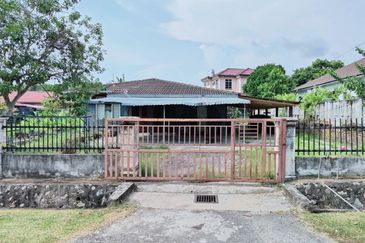
TAMAN DATO ABDUL SAMAD
Port Dickson, Negeri Sembilan
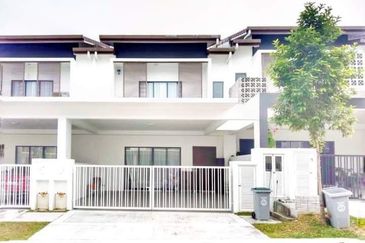
HIJAYU 2 - RESORT HOMES
Seremban, Negeri Sembilan
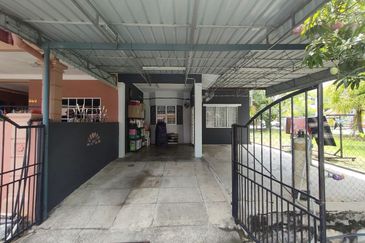
Taman College Heights (Sikamat)
Seremban, Negeri Sembilan
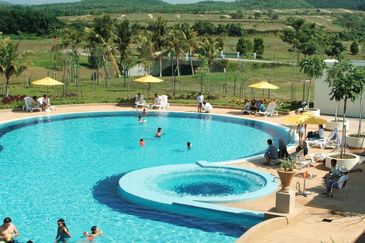
Semenyih Lake Country Club
Semenyih, Selangor

Mayfair Residences @ Pavilion Embassy
Keramat, Kuala Lumpur


